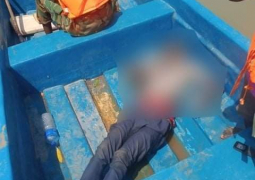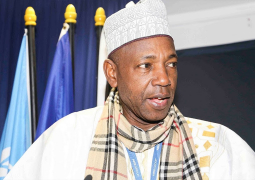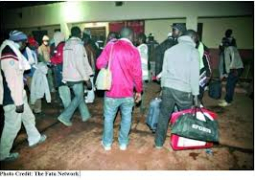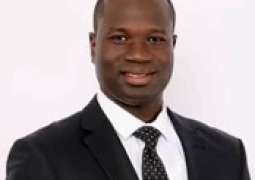Similar reports circulating also triggered nervous and anxious political and financial debates by both Gambians at home and in the diaspora as the country struggled to free itself from the impact of the Covid-19 pandemic as well as other negative economic factors such as the war in Ukraine.
Consequently, an aggressive campaign by Banjul to not only woo but to positively convince investors, tourists and other visitors to consider coming to the country became part of the debate.
Concerned visitors mostly from the UK, one of the country's most outstanding and notable ally asked questions such as: “Is The Gambia truly inside Senegal? How can I freely navigate across The Gambia without any difficulty?”
Responding to the Point, a Foreign, Commonwealth and Development Office (FCDO) spokesperson said: “We maintained that most visits to The Gambia are trouble-free. We also noted that people travelling independently should make sure next of kin in the UK have details of itinerary and keep in regular touch. It is also important to take out travel and medical insurance…”
This correspondent also heard concerns such as “gatherings and protest; beaches and zoos; roads and electricity”.
David Haugen, an entrepreneur replying said: “We consider The Gambia as our second home. Most importantly, we truly feel at home across the whole country…”
Nonetheless, the FCDO also noted that “large gatherings and protests in public areas must be avoided and reminded visitors to monitor local media for up-to-date information and follow the advice of local authorities”.
Separately, as far as the current situation in Senegal is concerned, “demonstrations about political issues” are mentioned. It added that such events “occur frequently and are likely to increase in the build-up to presidential elections in February 2024…they can be violent”.





